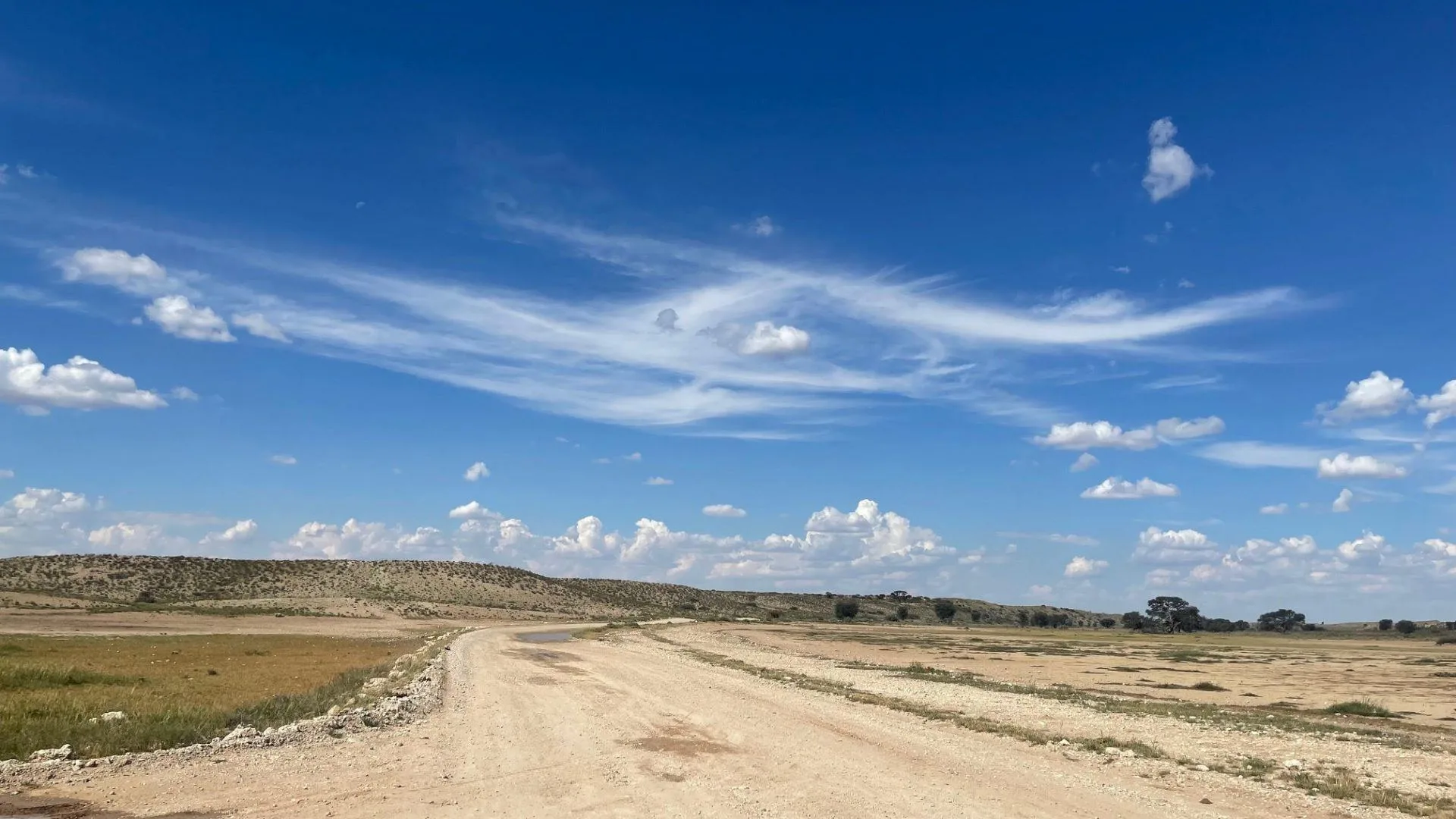The simple fact is, without a healthy planet, humanity has limited prospects of longevity. There’s no pro-aging so long as the planet is facing a climate crisis.
For most of history, man has had to fight nature to survive; in this century he is beginning to realize that, in order to survive, he must protect it.” Jacques Cousteau.
There is no longevity without change
The main driving force behind climate change is the emission of greenhouse gases through human activities. Yes… it’s us. We’re the problem, but thankfully also the solution!
Humankind has systematically created a climate crisis through our consumption habits and need to progress. Some would argue that it’s the natural way for humanity to move forward; others believe that our greed and need for instant gratification are out of control. Whatever your view, the fact is, the Earth can no longer sustain the current growth trajectory.
We’re overheating the planet by burning fossil fuels such as coal, gas and oil, with industries, transport, buildings and agriculture the biggest contributors to greenhouse gases.
The earth is getting hotter and hotter
On 17 August 2020, Death Valley in California set a world record: a temperature of 54°C. The Washington Post reported: “If the temperature is valid, it would also rank among the top three highest temperatures ever measured on the planet at any time, and may, in fact, be the highest.”
With an increase in global warming, we’re expecting extreme weather conditions, such as droughts, floods and extremely cold/hot conditions. This will continue to disrupt our ability to produce food, and also to live in healthy conditions. It’s not just crazy weather we have to worry about. Toxic air and water, and soil-borne pollution is already affecting millions around the world.
We’re getting sicker
Annually, millions of people are getting sick, losing their lives, livelihoods and homes, due to the effects of global warming. Scientists have been predicting this for a long time.
Prof Linus Franke from the University of the Free State sums it up neatly when he says: “Twenty years ago, climate change was about analyzing trends in data sets. Today, to observe climate change, one can just look out of the window. In the past 10 years, climate change has become a reality.”
So here’s a burning question for you…
In a (pre-pandemic) “business-as-usual” scenario, how many years do we have left before the world exceeds the CO2 emissions budget to keep the global average temperature rise below 2°C, with a 50% probability?
1. Less than 10 years
2. 10-20 years
3. 20-30 years
4. More than 30 years
We’ll get to the answer later… Please keep reading.
What longevity will mean in a climate crisis
We also have to challenge our misguided belief that someone else is going to sort out this problem. Government, big business, climate change activists… Sadly that hasn’t happened yet. There has been some progress, and at least we’re largely out of the climate change denialism phase. However, many scientists warn that we’re just not acting fast enough.
And then there are some extremely wealthy individuals and governments spending billions of dollars funding a race to space. Exploring other planets where humans can migrate to. And perhaps it may become a reality. However, logically, this isn’t going to happen in the short term.
Focus on the here and now
Prince William has a different take on the space race and space tourism. He told media the world’s greatest minds need to focus on trying to fix the Earth instead. He said: “We need some of the world’s greatest brains and minds fixed on trying to repair this planet, not trying to find the next place to go and live…
Prince William and The Duchess of Cambridge
“I want the things that I’ve enjoyed – the outdoor life, nature, the environment – I want that to be there for my children, and not just my children, but everyone else’s children.”
How to save the planet?
There are many ways to save the Earth, but are very technical and beyond the individual and others are practical and applicable to humanity collectively.
The goal has to be to keep global warming below 2°C, and aiming for 1.5°C. This will require rapid decarbonization of all sectors by 2050. This means halving global emissions every decade until 2050, while at the same time massively increasing carbon sinks to begin achieving negative emissions near mid-century.
5 personal habits you can change today to help
Each one of us can play a part, no matter how small.
1. Put your local politicians and big businesses under pressure
They decide and grant rights of access, and agree what kinds of food production happen in your community and country. Hold them to account. And if you can’t or don’t want to, vote with your wallet.
Buy local. Support your local farmer, local markets and NGOs that are promoting small farmer development.
2. Eat for the planet
You may have heard about regenerative farming. Look out for products and farmers who support this. Many retailers have are recognizing the importance of nurturing these farmers and are offering more conscious choices.
Eat a planet friendly diet. Dietary shifts are key to reversing course, so that food is produced in a way that restores the planet, not destroys it. One of the healthiest ways of helping the planet is to eat more plants. If you eat more vegetables and fruits, buy smart and don’t waste, you’ll find it easy on the pocket – let alone the medical expenses you’ll save down the line for eating more healthily.

Reduce red meat consumption
Some countries consume more red meat per capita than any others. Not only does this fuel obesity, hypertension and diabetes, cows increase global warming due to the gases they omit.
A large body of scientific evidence has shown that reducing overconsumption of animal-source foods, by increasing the relative consumption of plant-based foods, offers both environmental and health benefits. And many studies have demonstrated the significant impact that increasing consumption of plant-based foods relative to animal-source foods can have on human health.
Longevity studies show plant based diets are healthiest
Studies in Okinawa and other Blue Zones (areas of the world where the populations exhibit the highest levels of longevity) have shown that populations with high vegetable (plant) quotients are healthiest and have longevity.
3. You can reduce your use of single-use plastic
Use less energy at home with smarter appliances. Drive an electric car, run or join a car pool, cycle or walk to the shops/work, or take public transport. You can also delay buying a new car and if you do, buy one that is more energy efficient. If you can afford to install solar panels and use rainwater, this will make a difference.
4. Stop feeding fast fashion
The fashion manufacturing industry is a significant contributor to carbon emissions and global warming. Think before you buy that item of cheap clothing that has been imported from some far-away place. Rather buy local, vintage or great-quality second-hand clothes.
5. Be informed. There’s an incredible growth in websites and resources that will help you to become more planet-conscious. Get Googling today.
And now, in closing, let’s get back to that burning question… Here is the answer.
We have 20-30 years to ensure that the Earth doesn’t warm by another 3 degrees.
Are you frightened enough?
So, what kind of future do you want to have, not only for yourself, but also for future generations?




![women [longevity live]](https://longevitylive.com/wp-content/uploads/2020/01/photo-of-women-walking-down-the-street-1116984-100x100.jpg)










